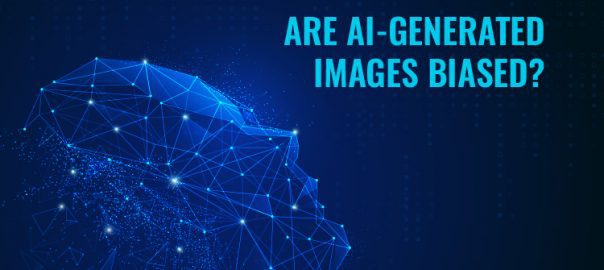David Ngure Cybersecurity Researcher
Updated on 16th March 2023 – Artificial intelligence image generators use machine learning and mathematical algorithms to create images from a description written in natural language. With OpenAI making DALL-E available to the public, and Microsoft adding AI-image generators to products like Bing and Microsoft Edge, the technology is becoming more accessible to the general public.










